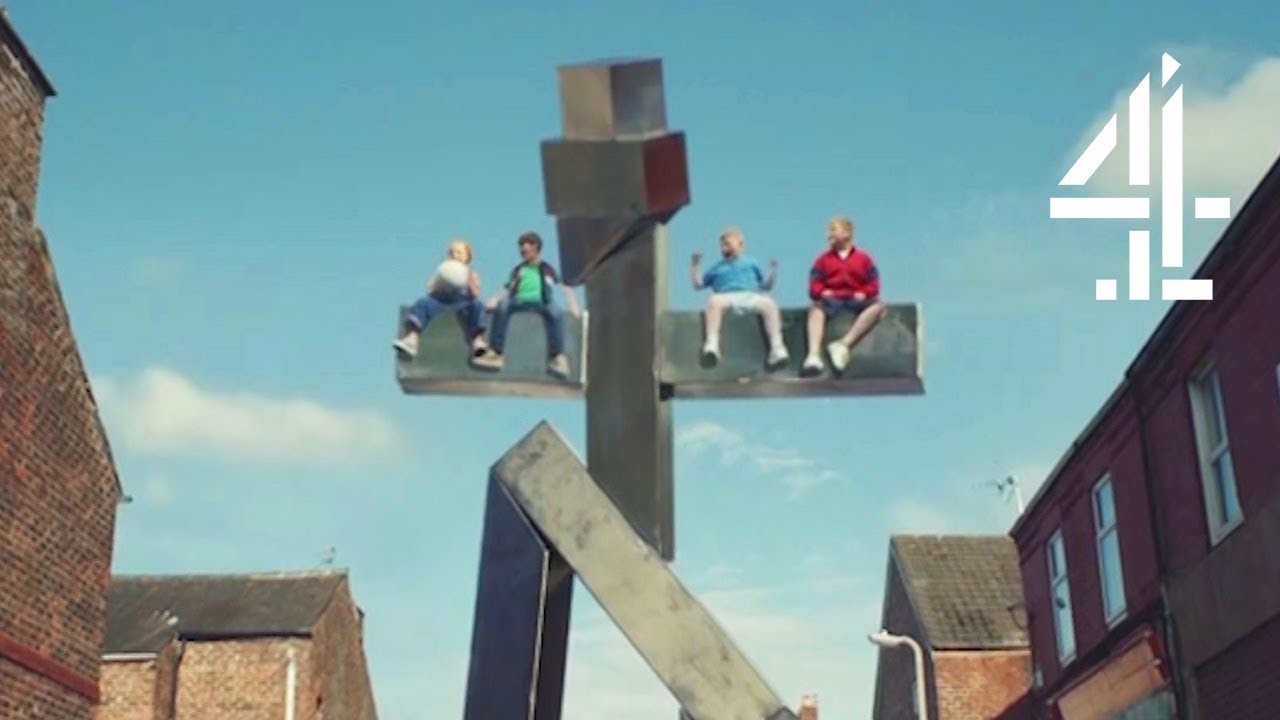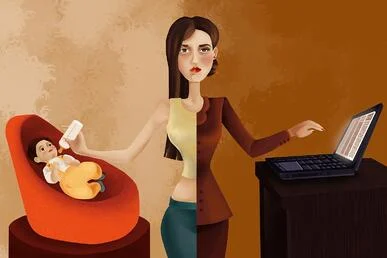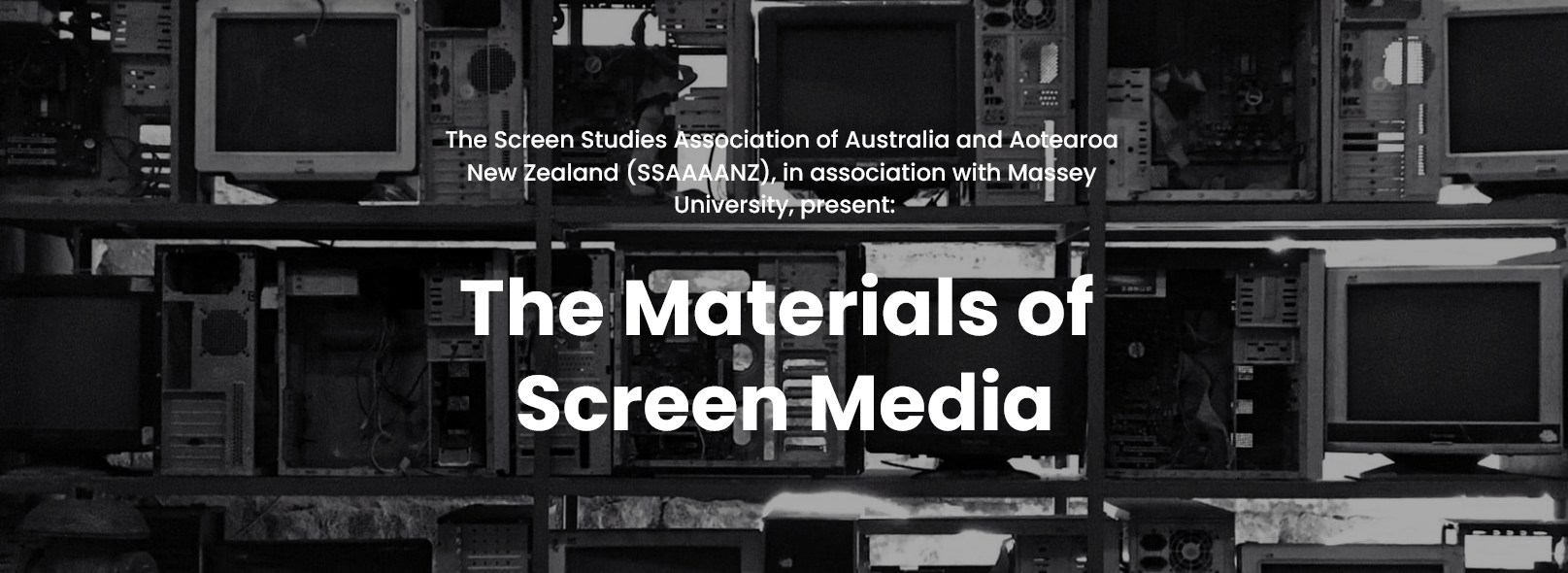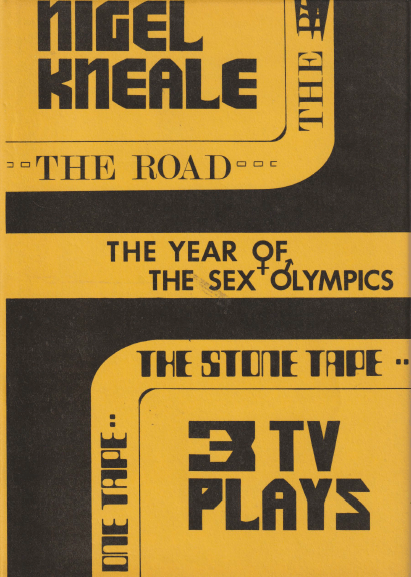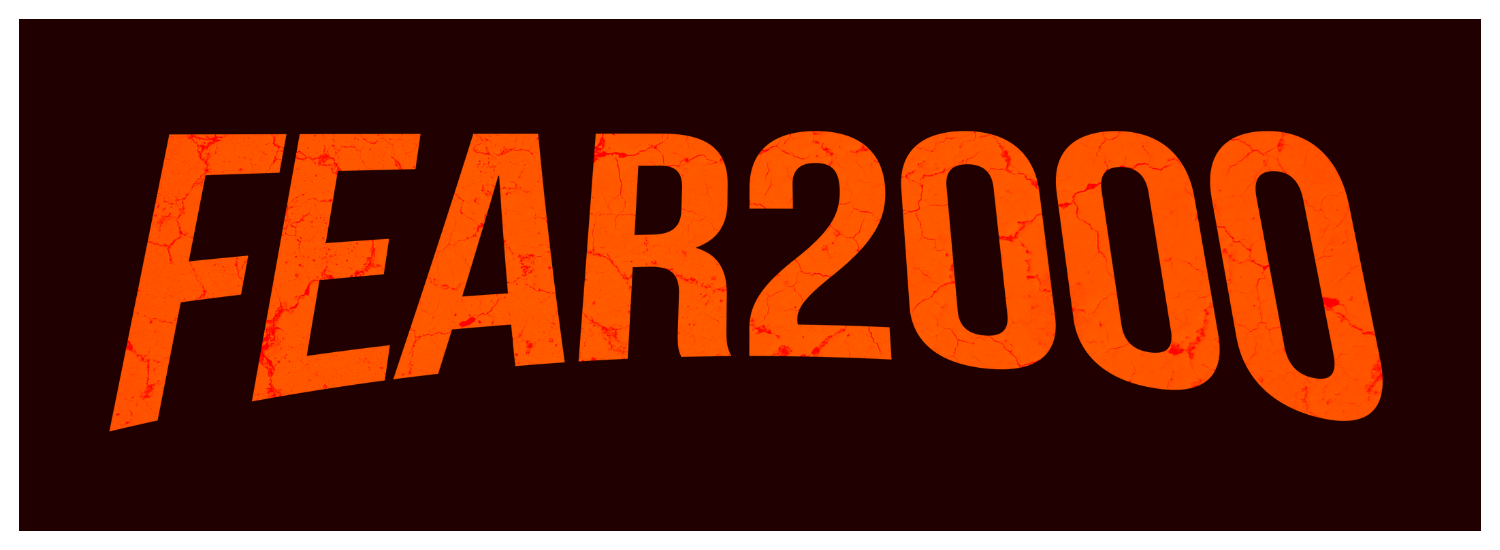
On Monday evening 4 April, the UK Culture Secretary Nadine Dorries tweeted that she intended to push ahead with the privatisation of Channel 4. Twitter is her favourite medium. She also tweeted her decision, before any negotiations, to freeze the BBC’s licence fee for two years, a real terms cut of £2 billion.
